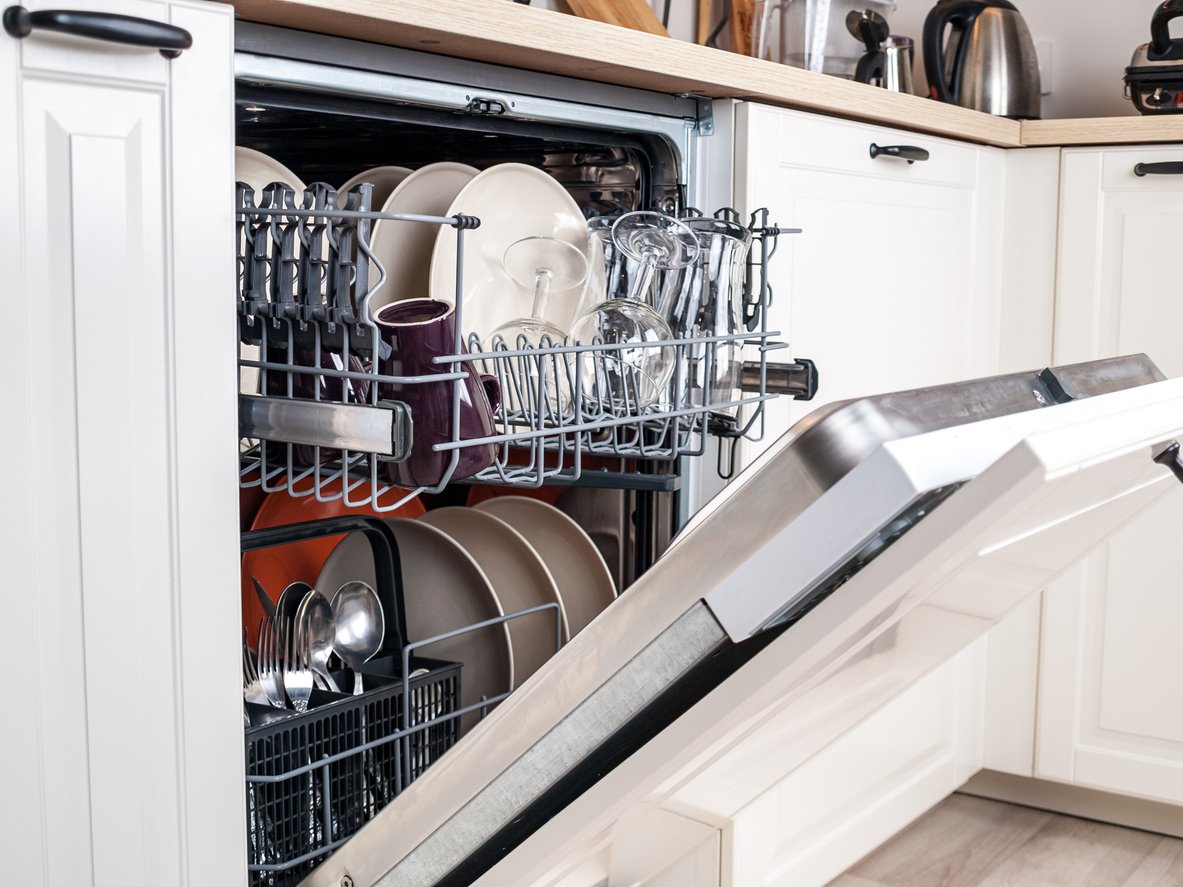My Dishwasher is Leaking: Causes and Solutions
Dishwashers are a convenience many homeowners can't live without. However, when your dishwasher starts leaking, it can quickly become a frustrating problem. Understanding the common causes and knowing how to address them can save you time, money, and the headache of water damage. Here's a guide to help you troubleshoot and fix a leaking dishwasher.
Common Causes of Dishwasher Leaks
Faulty Door Gasket
The door gasket is a rubber seal that runs along the edge of the dishwasher door. Over time, it can wear out or become damaged, allowing water to seep through during a wash cycle.
Clogged or Damaged Drain Hose
The drain hose removes wastewater from the dishwasher. A clog or damage in the hose can cause water to back up and leak.
Loose or Damaged Door Latch
The door latch ensures the door is securely closed during operation. If it's loose or broken, the door may not seal properly, leading to leaks.
Worn Out Water Inlet Valve
The water inlet valve controls the flow of water into the dishwasher. If it becomes defective, it can cause water to overflow and leak.
Cracked Dishwasher Tub
Although rare, the dishwasher tub can crack over time, especially in older models, resulting in leaks.
Overfilled Dishwasher
Overloading the dishwasher or using too much detergent can cause excess suds and water to leak out.
Troubleshooting Steps
Inspect the Door Gasket
Test: Open the dishwasher door and examine the gasket for signs of wear, tears, or gaps.
Action: If damaged, replace the gasket. Clean any debris or buildup that might prevent a proper seal.
Check the Drain Hose
Test: Look for kinks, clogs, or damage along the length of the hose.
Action: Replace a damaged hose or clear any clogs.
Examine the Door Latch
Test: Close the dishwasher door and see if it locks securely.
Action: Tighten any loose screws or replace the latch if broken.
Inspect the Water Inlet Valve
Test: Listen for unusual noises or check for water pooling under the dishwasher.
Action: Replace the inlet valve if it's malfunctioning.
Look for Cracks in the Dishwasher Tub
Test: Inspect the bottom of the dishwasher tub for visible cracks.
Action: Depending on the severity, you might need to repair or replace the tub.
Avoid Overfilling
Test: Ensure the dishwasher isn't overloaded and that you're using the correct amount of detergent.
Action: Follow the manufacturer's recommendations for loading and detergent usage.
Professional Help
While some issues can be fixed with a little DIY effort, others might require professional assistance. If you're unsure about the cause of the leak or how to fix it, it's best to call a qualified technician. They can diagnose the problem accurately and provide a long-lasting solution.
Conclusion
A leaking dishwasher can be a major inconvenience, but with the right approach, it's a problem you can solve. By identifying the cause and taking appropriate action, you can prevent further damage and keep your dishwasher running smoothly. If in doubt, don't hesitate to seek professional help to ensure your appliance is fixed correctly.

